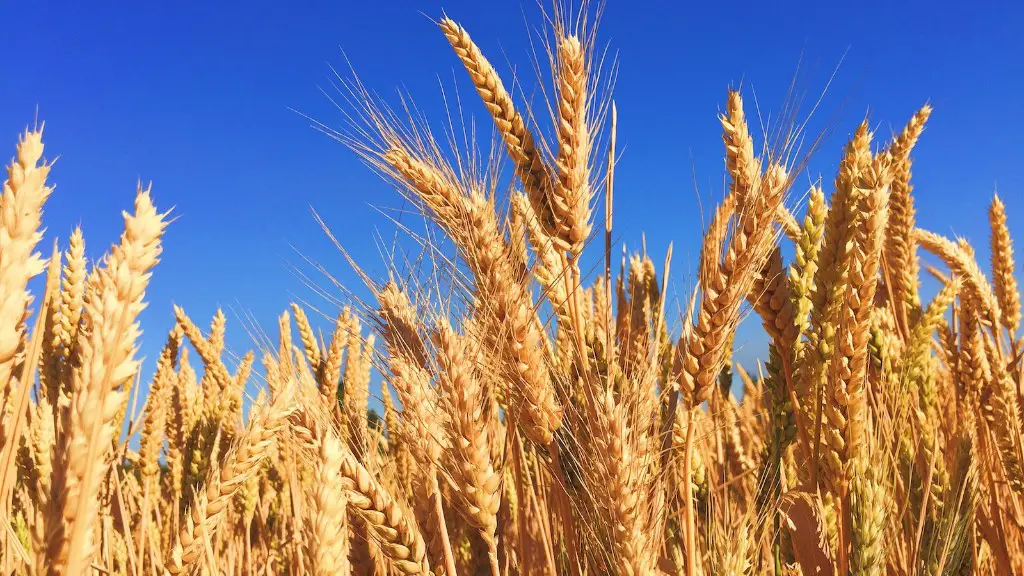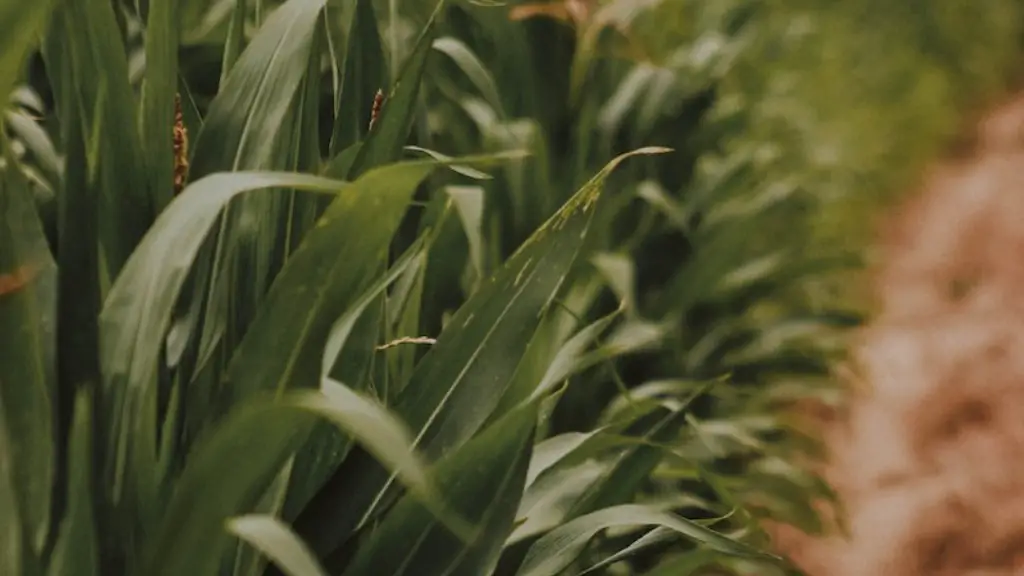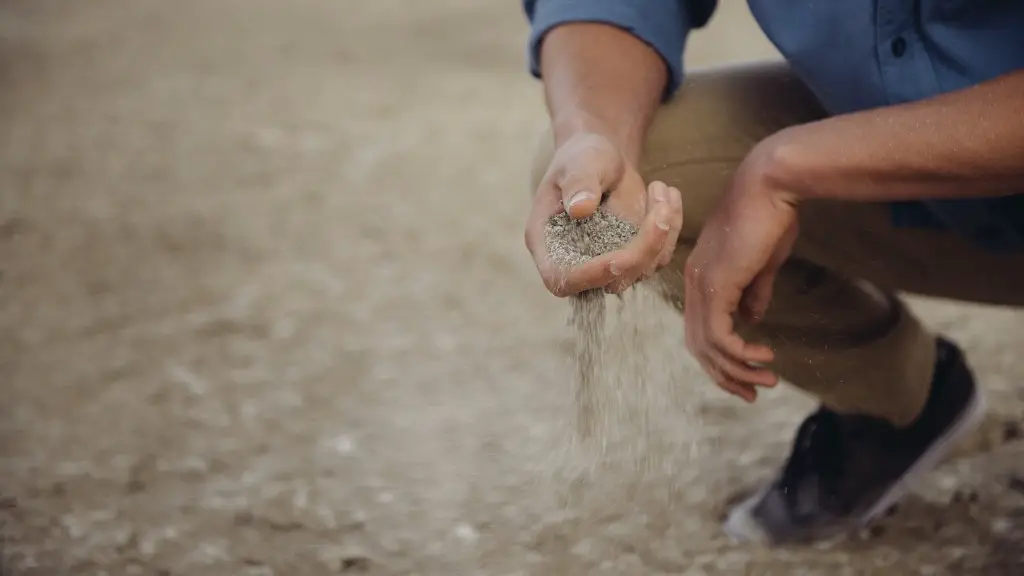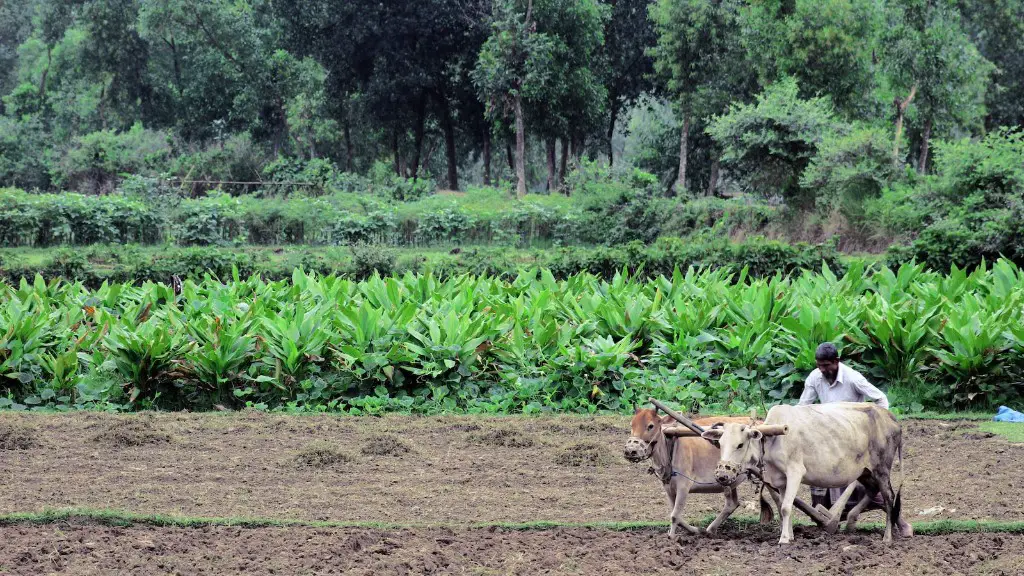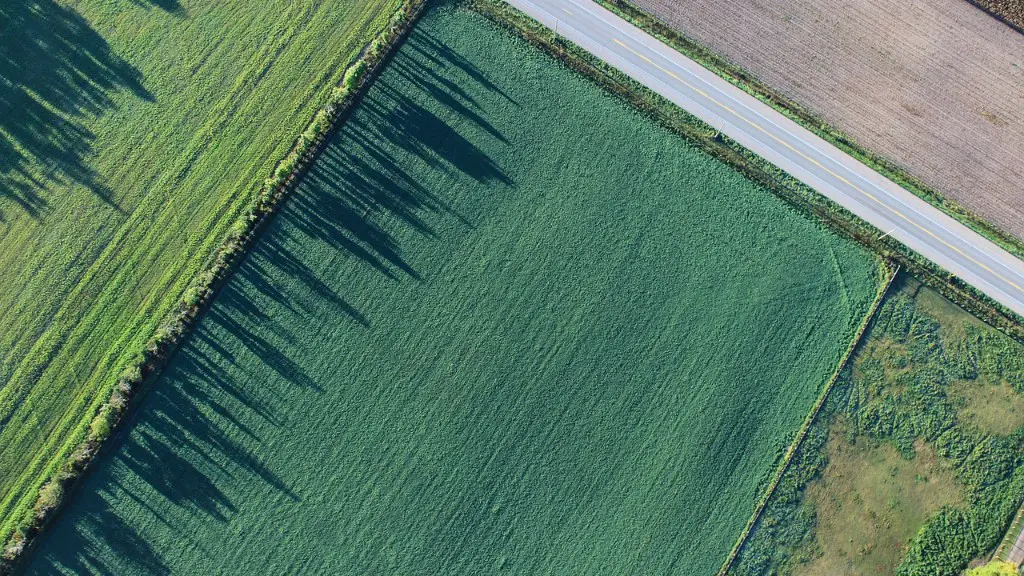The Commissioner of Agriculture is responsible for administering and enforcing statutes and rules relating to agriculture, horticulture, weights and measures, and the labeling and advertising of agricultural commodity products. The Commissioner is also responsible for promoting and protecting the agricultural industry in the state through educational programs, marketing initiatives, and other outreach efforts.
The agriculture commissioner is responsible for the promotion and regulation of the state’s agricultural industry. This includes promoting agricultural products and regulating farming practices. The commissioner also oversees the inspection of food products and the enforcement of food safety regulations.
What does the Florida agriculture commissioner do?
The commissioner of agriculture is responsible for supporting and regulating Florida’s agriculture industry, conserving soil and water resources, managing state forests, protecting consumers from unfair trade practices, and ensuring the safety of food, drugs, and other consumer products. The commissioner is elected for a four-year mandate that is limited to two consecutive terms of office.
The agricultural commissioner is responsible for ensuring that California agriculture is protected from pests and diseases. They also work to protect the environment from pollution and other hazards. In addition, the agricultural commissioner is responsible for the public’s health and safety.
Who is the TX commissioner of agriculture
Sid Miller is a devoted Texas agriculturist, rural community leader, and strong Texas state advocate. Born in De Leon, Comanche County in September 1955, Miller excelled in his studies at Tarleton State University in Stephenville, earning a Bachelor of Science in Vocational Ag Education. Miller’s drive and passion for Texas agriculture and its communities is evident in his many accomplishments throughout his career. From working with the Texas Legislature on farm and ranch issues to serving as the Texas Department of Agriculture Commissioner, Miller has always put the needs of Texas agriculture and rural communities first. Miller’s dedication to Texas agriculture and rural communities is an inspiration to all who know him, and he will continue to be a powerful force in promoting the agricultural industry and the great state of Texas.
The Texas Department of Agriculture (TDA) is responsible for promoting and regulating the state’s agricultural industry. This includes facilitating trade and market development of agricultural commodities ranging from livestock to crops. TDA also works to ensure Texas remains the nation’s leader in the production of cattle, cotton, hay, sheep, wool, goats, mohair and horses.
What does the commissioner do?
The Commissioners are the governing body of the county and are responsible for its management and administration. They represent the county’s interests at the state and federal level, participate in long-range planning, and manage the county budget and finances.
The average salary for a government job in agriculture is 9 lakhs per annum while the highest salary is 14 lakhs. For a private sector job, the average salary is 42 lakhs per annum with the highest being 6 lakhs.
What is Ag leadership in high school?
The program provides students with instruction on leadership and communication skills with a focus on opportunities in the agriculture industries. Topics will include communication research, verbal and written communications, journalism, mass media, agriculture policy and human relations. This program is beneficial for students who are interested in pursuing a career in the agriculture industry.
The Commissioners Court is the governing body of the county. It adopts the county’s budget and tax rate, approves all budgeted purchases of the county, fills vacancies in elective and appointive offices, sets all salaries and benefits, has exclusive authority to authorize contracts, and provides and maintains all county buildings and facilities.
What does agricultural weights and measures do
The Agricultural Commissioner/Weights & Measures Inspectors work to ensure that prices charged at grocery and retail stores, gasoline stations, and recycling outlets are accurate and that scales and meters are being used correctly. Undercover purchases are made at these types of businesses in order to compare prices to advertised and shelf prices. By monitoring these businesses, the Agricultural Commissioner/Weights & Measures Inspectors help to protect consumers from being overcharged.
Agriculture is an important part of the economy and provides most of the world’s food and fabrics. It is a science that deals with the production of food, fiber, and other crops. It also includes the raising of livestock.
What does agriculture do?
Agriculture is vital to sustaining human life. It involves the creativity and skill of farmers in planting crops and raising animals, as well as the use of modern production methods and technologies. Agriculture provides us with food, fibre, and fuel, and is an important part of the global economy.
Agriculture is a vital part of the Texas economy, and the state is a leading producer of many different crops and livestock. Cotton, hay, sheep, goats, and horses are among the top products, and Texas also exports a variety of other agricultural commodities. The state’s diverse climate and soil types allow for a wide range of crops to be grown, including vegetables, citrus, corn, wheat, peanuts, pecans, sorghum, and rice.
What are some agricultural issues in Texas
As the population of Texas grows, so does the demand for food. At the same time, the climate is changing, putting additional stress on the state’s agricultural industry. Water scarcity, the aging and changing demographics of the farming and ranching population, and the provision of rural broadband are all issues that need to be addressed in order to ensure food security for the future.
Water scarcity is a major concern in Texas. The state is currently experiencing a historic drought, and the lack of water is having a devastating effect on crops and livestock. In addition, the ongoing drought is causing groundwater levels to decline, making it more difficult and expensive for farmers to irrigate their fields.
The aging and changing demographics of the farming and ranching population is anotherissue that needs to be addressed. The average age of farmers in Texas is 57, and many are nearing retirement. In addition, the majority of farmers are white and male. As the population of Texas continues to grow and diversify, it is important to ensure that the state’s agricultural industry is reflective of that diversity.
Finally, the provision of rural broadband is also essential for food security in a growing population. Many rural areas in Texas do not have access to high-speed internet, which makes it
The term crops generally refers to agricultural products that are grown, harvested, or collected. Examples of crops include wheat, cotton, fruit, honey, and dairy cows. A farmer is a person who earns a living by farming, especially one who manages or operates a farm.
What is the right to farm law in Texas?
The Texas Right to Farm statute protects agricultural operations from nuisance claims if they have been in operation for at least one year. This protection applies as long as the conditions that are the subject of the lawsuit have not changed since the operation was established. This statute is important for ensuring that farmers can continue to operate without fear of being sued for nuisance.
It is important to note that where the order is sought to be revised by the Commissioner of his own motion, if such order is made more than one year previously an order by the Commissioner declining to interfere shall be deemed not to be an order prejudicial to the assessee. This is an important rule to keep in mind when it comes to orders made by the Commissioner, and it can have significant implications for the assessee if the order is not favourable.
Warp Up
The agriculture commissioner is responsible for the administration and enforcement of the state’s agriculture laws and regulations. The commissioner also promotes the state’s agriculture industry and advocates for the interests of farmers and ranchers.
The Agriculture Commissioner is responsible for promoting and protecting the agricultural industry in the state. They also work to ensure that the state’s agriculture industries are economically viable and sustainable.
